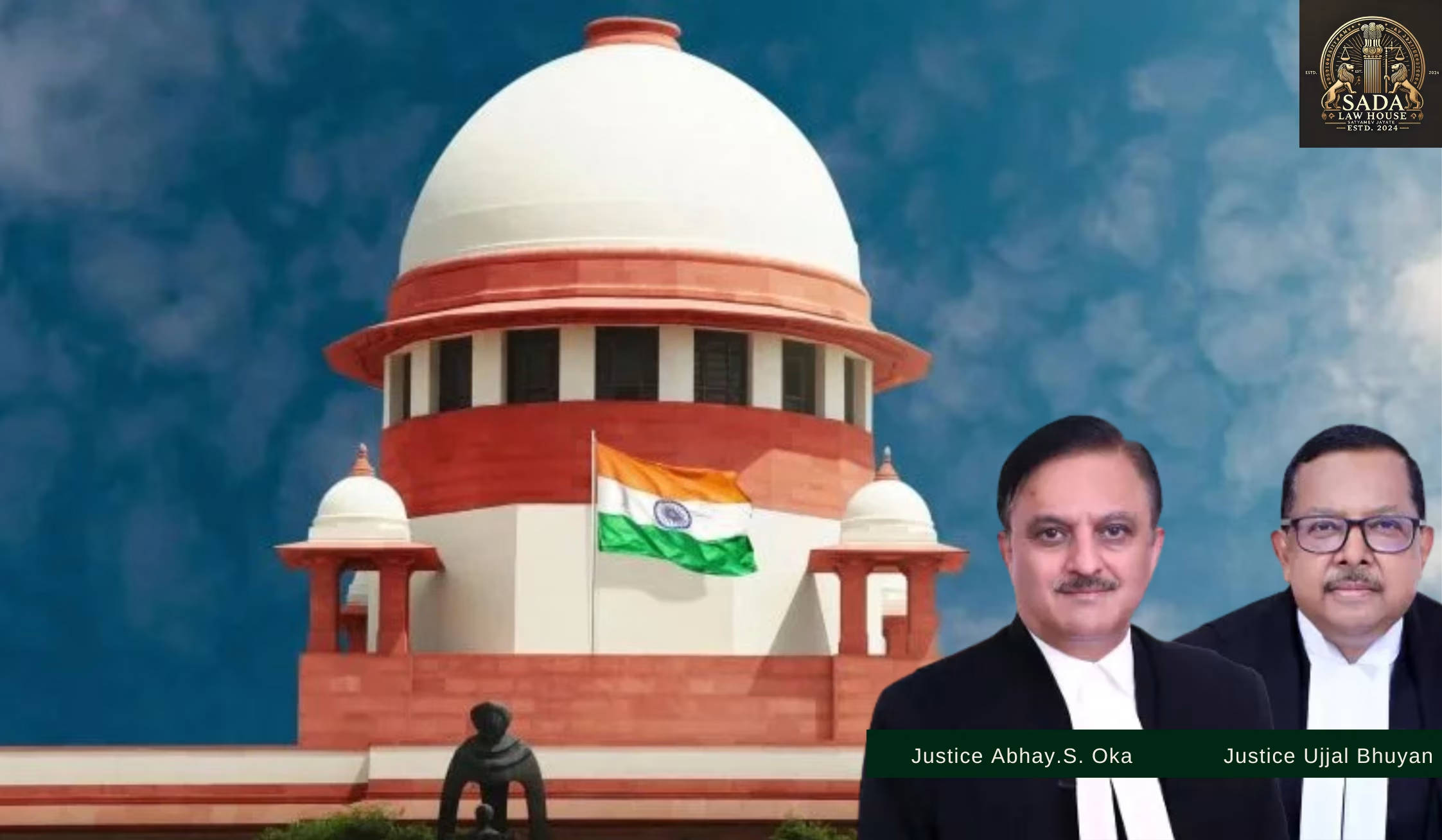Supreme Court Strikes Down Arbitrary Bail Conditions Violating Privacy in Frank Vitus v. NCB (2024)
- REHA BHARGAV
- 03 June 2025

In a landmark 2024 judgment, the Supreme Court of India ruled that bail conditions requiring real-time tracking via Google Maps and embassy certificates are unconstitutional and violate the right to privacy under Article 21 of the Indian Constitution.
Introduction: A Landmark Verdict on Bail and Privacy Rights
The Supreme Court of India delivered a crucial verdict on July 8, 2024, in the case of Frank Vitus v. Narcotics Control Bureau. This judgment reaffirms that bail conditions must be reasonable and must not infringe on fundamental rights, particularly the right to privacy under Article 21 of the Constitution of India.
Frank Vitus, a Nigerian national, challenged two conditions imposed by the Delhi High Court while granting him interim bail in a narcotics case under the Narcotic Drugs and Psychotropic Substances Act, 1985:
Sharing a live Google Maps PIN to enable real-time location tracking
Submitting a certificate from the Nigerian High Commission confirming his commitment to stay in India
Case Background: Arrest Under the NDPS Act
Key Facts
Name: Frank Vitus
Nationality: Nigerian
Arrested: May 2014 by the Narcotics Control Bureau
Charges: Sections 8, 22, 23, and 29 of the NDPS Act, 1985
Interim Bail Granted: 2022 by the Delhi High Court
Bail Conditions:
Drop a PIN on Google Maps to allow location tracking
Submit a certificate from the Nigerian High Commission
These bail conditions were challenged by Vitus on the grounds of being arbitrary, invasive, and violative of personal liberty.
Legal Issue: Are These Bail Conditions Constitutional?
Central Legal Question
Whether the Delhi High Court’s bail conditions—specifically requiring Google Maps-based tracking and a foreign embassy certificate—are arbitrary, unreasonable, and unconstitutional under Article 21 of the Indian Constitution?
Supreme Court Judgment: Bail Conditions Must Respect Fundamental Rights
On July 8, 2024, the Supreme Court of India delivered its judgment, striking down both bail conditions as unconstitutional.
Key Findings
1. Google Maps PIN for Tracking – Unconstitutional
The Court ruled that requiring a Google Maps PIN amounted to constant surveillance.
Google LLC confirmed via affidavit that dropping a PIN does not allow real-time tracking, making the condition technologically ineffective and legally unsound.
The Court held this condition violates the right to privacy guaranteed under Article 21.
2. Embassy Certificate – Unjust and Impractical
The Court found that demanding a certificate from the Nigerian High Commission was unreasonable, especially when it is outside the control of the accused.
It clarified that such conditions were not meant to be uniformly imposed on all foreign nationals.
If such a certificate cannot be furnished within a reasonable time (7 days), bail proceedings should continue without it.
Final Verdict
The Supreme Court removed both bail conditions and reaffirmed that bail terms must be fair, reasonable, and constitutional, regardless of the seriousness of the charges or the nationality of the accused.
Significance of the Judgment: Upholding Privacy and Liberty
This ruling sets an important precedent for bail jurisprudence in India by:
Reiterating that personal liberty and privacy are essential rights under Article 21
Ensuring that foreign nationals are not subjected to discriminatory or impractical bail conditions
Clarifying the limits of judicial discretion in bail matters, especially concerning surveillance and embassy requirements
Conclusion: A Win for Constitutional Rights
The Supreme Court of India’s decision in Frank Vitus v. Narcotics Control Bureau is a strong statement on the importance of upholding human dignity, liberty, and privacy in criminal justice proceedings. Even in serious offenses under the NDPS Act, bail conditions must not become tools of excessive control or procedural injustice.
This case reinforces the judiciary’s role in protecting fundamental rights—a critical step forward in ensuring fair treatment for all accused individuals, regardless of nationality.
Case Laws






